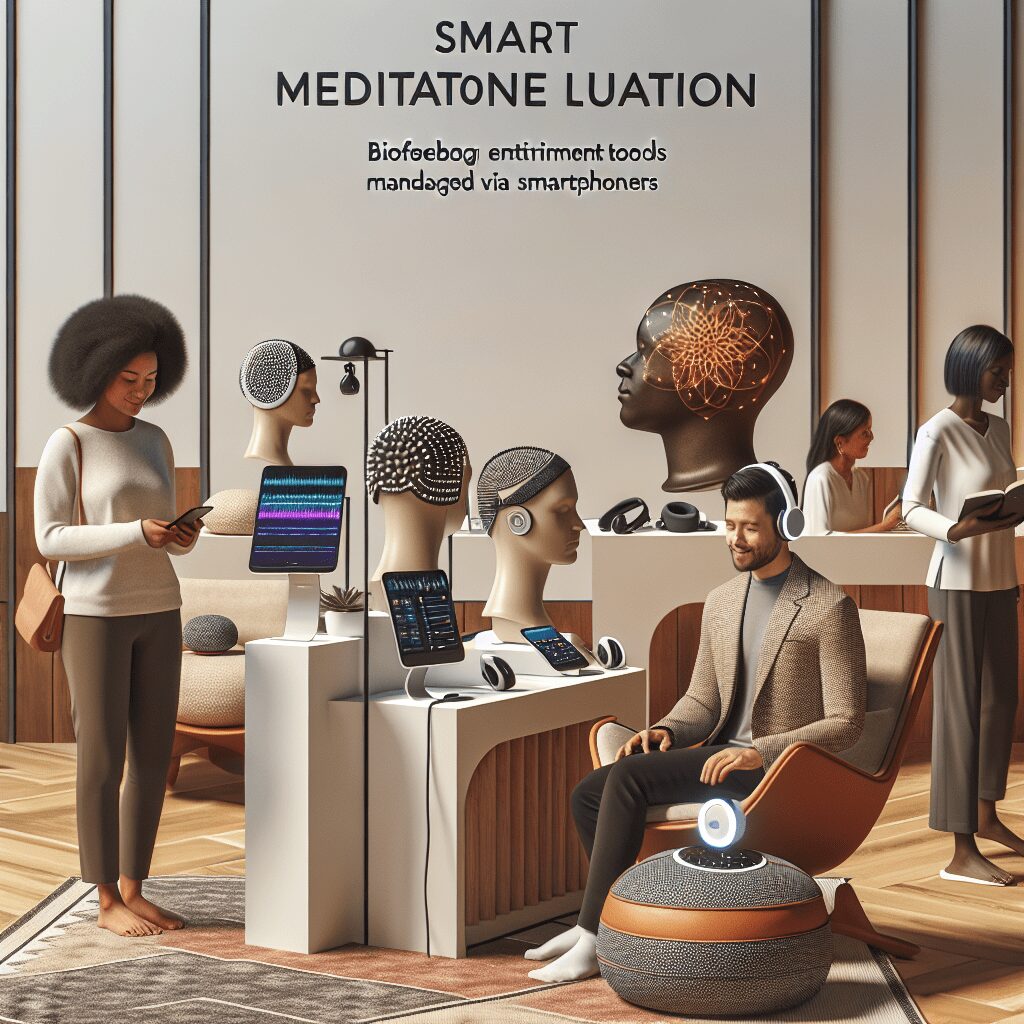
Prioritize your mental well-being daily. Enhance your life by nurturing your mental health with the Smart Meditation app. Break free from stress, alleviate anxiety, and enhance your sleep quality starting today.
How To Memorize Antidepressants?
Unlocking the Code to Memorizing Antidepressants: A Guide
Delving into the world of antidepressants can feel like navigating a labyrinth without a map. With an ever-expanding roster of medications, each with its tongue-twisting name and myriad functions, who wouldn’t feel a tad overwhelmed? But fear not! By employing a few clever strategies and a dash of dedication, you can master this maze. Let’s embark on this journey together, armed with tools and tactics that transform this daunting task into an achievable feat.
Crafting a Memory Palace: A Path to Retention
Who said memorization had to be monotonous? The method of loci, or the memory palace technique, invites you on an imaginative adventure. Here’s the lowdown:
- Choose Your Palace: Pick a place you know like the back of your hand. Your childhood home or your daily route to work could serve as perfect memory mansions.
- Assign Rooms: Dedicate different areas of your chosen place to categories of antidepressants. SSRIs could reside in the living room, SNRIs might relax in the kitchen, and so on.
- Populate with Imagery: Transform drug names into vivid, even wacky, images. Picture fluoxetine (Prozac) as a flock of excited exotic birds taking over the living room. The more bizarre, the better for your brain to latch onto!
- Take a Tour: Regularly walk through your memory palace in your mind’s eye, observing and interacting with these images. Repetition is key.
Mnemonics: Make Complexity Simple
Mnemonics are like secret codes that unlock the vaults of memory. They simplify the complex, transforming the abstract into the tangible. For antidepressants, acronyms or phrases can work wonders. Consider creating a mnemonic for SSRIs, something like “Every Happy Person Needs Support”:
- E – Escitalopram
- H – Fluoxetine (think “Happy”)
- P – Paroxetine
- N – Sertraline
- S – Citalopram
Lean on Tech
Why not let technology lend a hand? Various apps and online platforms are at your disposal, ready to make memorization less of a chore and more of a game. From flashcards that utilize spaced repetition to quizzes that put your knowledge to the test, these tools can be invaluable allies. Anki and Quizlet are but two jewels in the treasure trove of resources available at your fingertips.
Connecting the Dots: Understand to Remember
It’s one thing to memorize a list of names; understanding their function is a game-changer. Diving into how antidepressants work, their effects on neurotransmitter levels, and their therapeutic uses can create a framework for memory. By understanding the story behind each medication, you create mental hooks that make remembering them a breeze.
The Power of a Study Buddy
Sometimes, two heads are better than one. Teaming up with a classmate or a colleague can not only make the studying process more enjoyable but also more effective. Challenge each other with quizzes, compare mnemonic strategies, or simply discuss the intricacies of how different antidepressants work. Collaboration can shed light on concepts from angles you might not have considered solo.
Embarking on the Memorization Journey
Armed with these strategies, the task of memorizing antidepressants becomes less daunting and more of an engaging challenge. Remember, persistence pays off. It’s not just about rote repetition but about weaving this knowledge into the fabric of your understanding. So, delve into the world of antidepressants with curiosity and confidence, knowing that you have the tools to turn the complex into the comprehendible. Happy memorizing!




